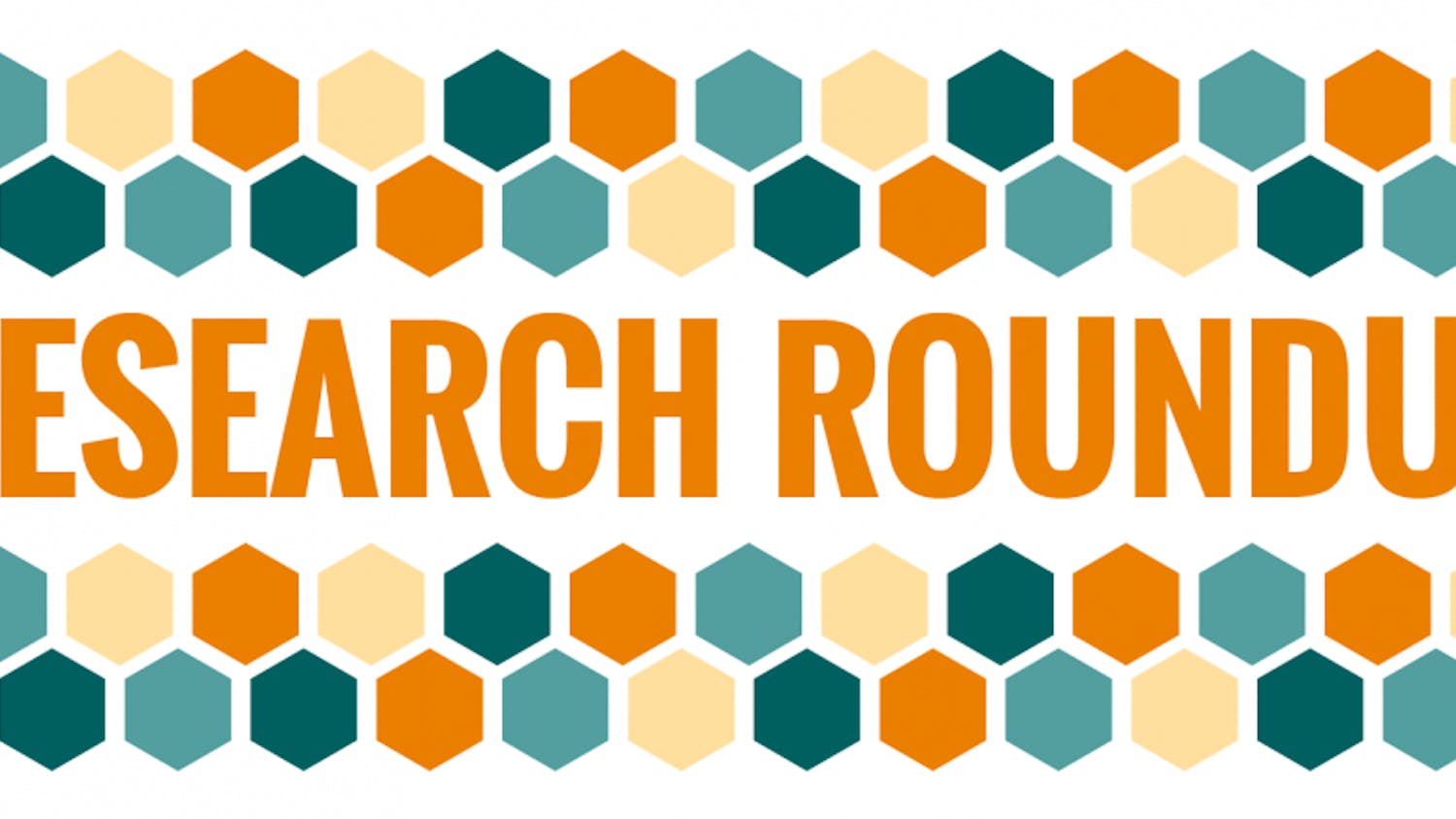Our generation faces a different path than the one first trekked by the baby boomer generation more than half a century ago.
Our dreams and aspirations must be grounded in the anemic employment market of our nation, often characterized by stagnant wages.
Personally, I can only consider neurology and its related clinical fields to be of interest.
Any student or researcher would be intimidated to study the most complex, and often unquantifiable, organ: the human brain. But it provides a gold mine of research and exploration.
Neurology will undoubtedly gain progress in its interconnected nature in nearly all scientific fields, the steady increase in the diagnosis of neurological illnesses and its nearly unlimited research potential.
While this notion is contentious, the human brain is the greatest gift of the body bestowed upon our kind.
It maintains and controls an array of vital functions, including consciousness, hormones, emotions, coordination, vision, language, sexual drives, temperature regulation, and so on.
We still know an insufficient amount about our brains despite more than a century of innovations.
What is the full extent of drug use on brain plasticity?
To what extent does the biology of the brain control and influence behavior?
All aspects of our lives are largely controlled by about three pounds of gray-and-white matter.
The human brain controls a significant amount of vital functions.
With highly specialized medicine from basic fields, neurology has a large degree of individual pursuits and combinations.
In the field of neurogenetics, inherited disorders of the nervous system remain the forefront of research.
From cerebellar degeneration to Huntington’s disease or spastic ataxia, these illnesses require two dynamic specialties.
One field that encompasses many specialties is psychoneuroimmunology. It combines the nervous system’s psychological processes and the immune system.
We quickly realize that this study encompasses molecular biology, endocrinology, infectious diseases, rheumatology, etc.
Neurology is a central influence in all of these fields, and our dedication to continued research and study touches dozens of specialties.
A troubling trend born from well-developed nations is the prevalence of neurological ailments.
According to the Alzheimer’s Association in May 2010, “Medicare costs for people with Alzheimer’s [disease] will increase more than 600 percent between 2010 and 2050 —from $88 billion to $627 billion.”
This figure is slightly below the requested discretionary spending for the U.S. government for the 2012 budget.
A chronic shortage of physicians in the United States only exacerbates the importance of neurology.
According to the American Academy of Neurology, “eight out of 10 disorders in the three highest disability classes are neurological problems.”
The costs of health care can only grow exponentially, and moving forward with expanding neurology is a major force in containing costs and sufferers of these diseases.
At our monthly AMSA meeting in December, I had the pleasure of meeting and observing the works of Dr. Kelly Foote, a gifted neurosurgeon at the UF Center for Movement Disorders and Neurorestoration.
He astounded the crowd with his team’s work in deep brain stimulation. Through the use of surgically implanted brain pacemakers, electrical impulses can provide therapeutic treatments for chronic pain, tremors, dystonia and Parkinson’s disease.
This column is too brief and cursory to crack the surface of how much an investment in neurology is needed to address a medical prognosis that shows higher incidences of neurological ailments.
It is my belief that a primary medical achievement that will define the 21st century will be a map of the entire human brain for every gene and neuron, along with advances in neurology.
It is too substantial and critical not to concentrate on neurology. Every major issue of the 21st century will depend to a certain extent on our ability to understand our mind.
Guillermo R. Pradieu is an English sophomore at UF.




